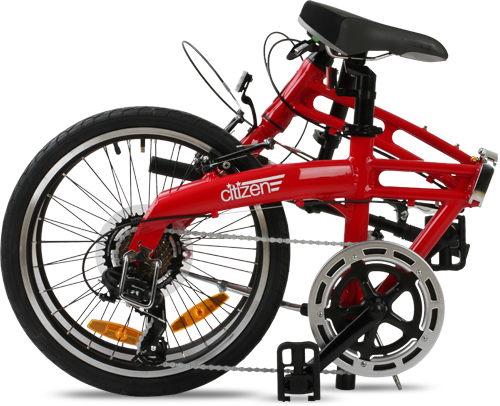I asked on this general sub-forum because the topic deals with bicycles in general, not just e-bikes. Boundaries are often blurry at times, especially in a time period where people have more time and resources to kickstart new (or 'new') inventions.
Being human powered vs engine powered can be argued to not be so fundamental since swapping can be done with ease. What would happen when motorcycles are produced with cycling pedals in massive quantities (for whatever silly reasons)? What are the major/fundamental differences between an e-bike and a moped?
I hope you guys can find this thread to be enjoyable and informative should you choose to contribute.
Here are two of my main thoughts on this topic.
1. Bicycles,
with the usual frames and parts used by the main consumers, will always be lighter and more portable in the foreseeable future than any vehicle that uses non-biological engines as the primary method of power. Say that you are biking on a trail and came to a path that you would prefer to walk on rather than ride over on a vehicle. You can more quickly carry the frame on your shoulders (even with an e-bike) than you would with even a moped
(220 to 500 lbs !). Also, given the sheer weight differences, bicycles will also remain more friendly to the integrity of trails than heavier vehicles when used.

2. Given the fundamental design of the frames, bicycles will likely remain more foldable and adaptively compact in storage than any motored vehicles in terms of usage by the average consumers. Even when you don't have folding frames, base-bicycle wheels are easier to remove, carry, and store than moped wheels.

Are there any other (truly) fundamental differences that you would like to add?